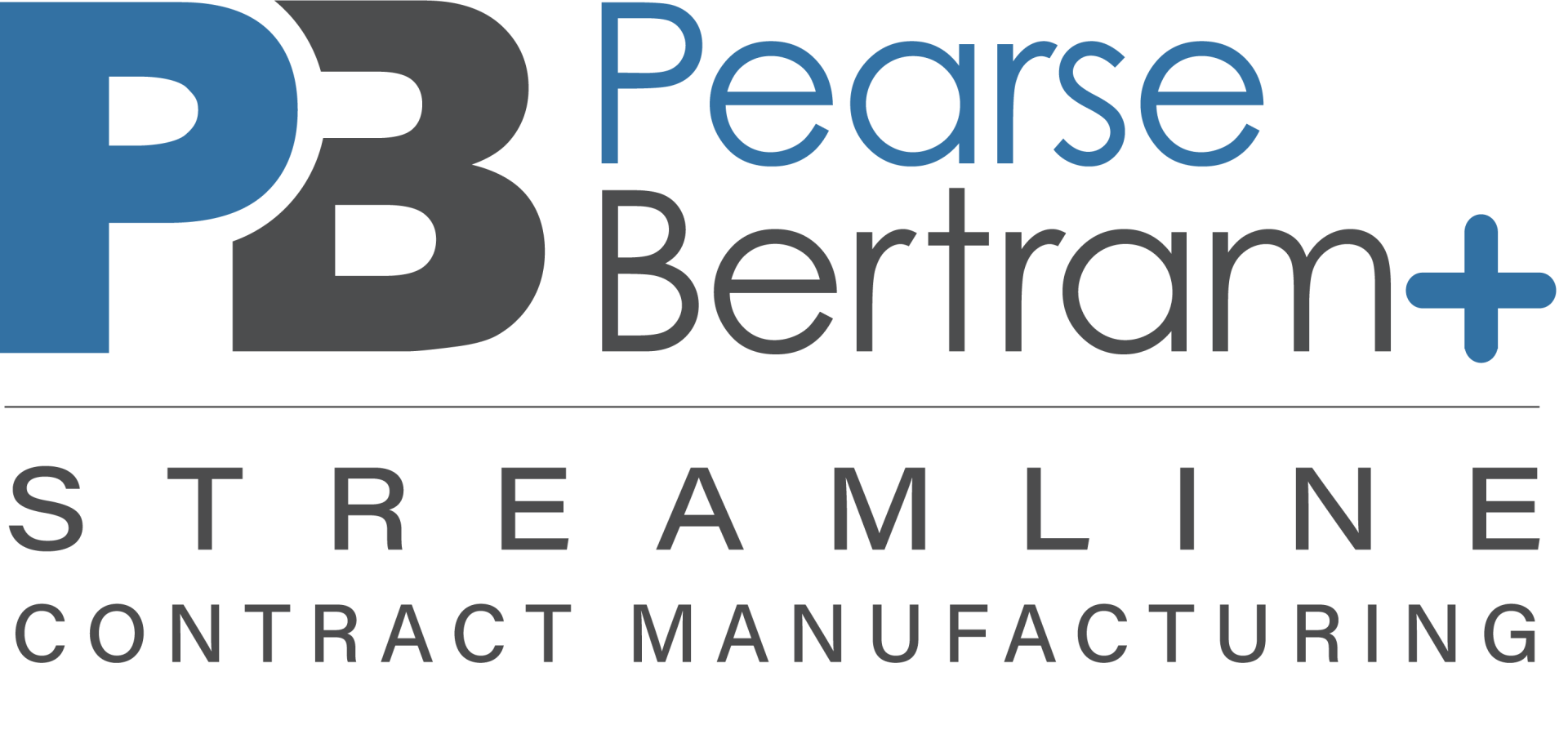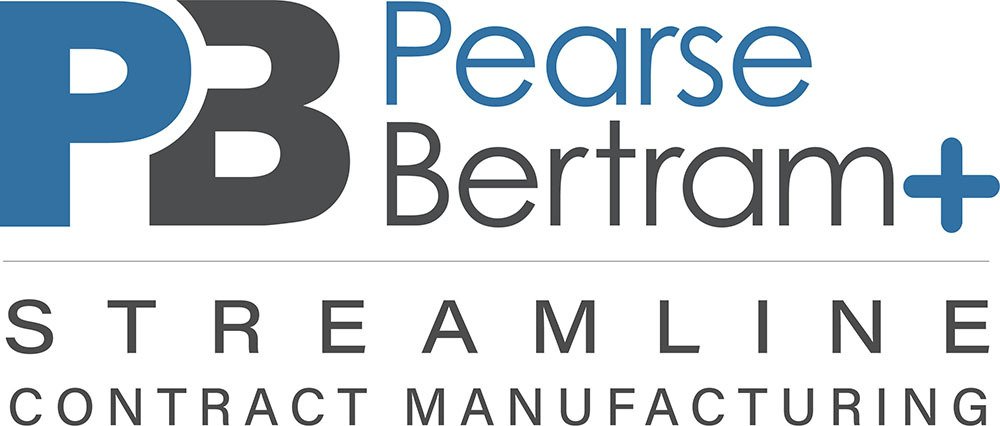With the Pandemic Still Lingering, Is Contract Manufacturing an Option?
Supply chain disruptions and a lack of skilled workers remain major impediments.
By Jon Pearse
Manufacturers seem to be riding a seesaw lately. Back in the spring of last year, with the pandemic and recession gaining steam, manufacturing activity nosedived.
But optimism is returning. Nine out of ten manufacturers are somewhat or very positive about their company outlook, according to a recent NAM survey. NAM predicts that manufacturing production will likely exceed pre-pandemic levels in the third quarter this year, thanks to government stimulus, economic recovery and pent-up demand.
Of course, the outlook isn’t all rosy. Supply chain disruptions and a lack of skilled workers remain major impediments. Many manufacturers are desperately seeking workers to fill orders.
According to a recent study by Deloitte and The Manufacturing Institute, roughly 1.4 million manufacturing jobs were initially wiped out during the pandemic, and while the industry has hired back 820,000 of these jobs, the remaining 570,000 are still vacant. The study also found that a manufacturing skills gap in the U.S. is anticipated to leave 2.1 million jobs unfilled by 2030.
Given this mixed picture, some manufacturers are increasingly relying on contract manufacturing to remain competitive. Industrial machinery and equipment manufacturers, for example, are partnering with contract manufacturers and assembly houses to develop, build and deliver new products to customers.
In some instances, contract manufacturing can help lower the total cost of ownership, including the various indirect costs that manufacturers often overlook or miscalculate when designing and building a machine or other piece of equipment. Direct costs, such as engineering fees, labor, materials, maintenance and repairs are easy to track. But indirect or hidden costs are difficult to account for and are often omitted from the decision-making process. These include the cost of technology and supply chain management, real estate expenses, taxes and indirect labor costs.
Of course, like any business strategy, determining whether contract manufacturing makes sense depends on several factors.
Manufacturers who are dealing with employees’ pandemic-related fears of returning to work, struggling to fill positions, concerned about overcapacity in the next economic downturn or unable to source parts may find that partnering with a contract manufacturer can address those issues.
Let’s look at why a hypothetical company, a manufacturer of industrial machinery, might decide to outsource some of its operations. Besides being unable to replace two recently retired engineers, it was experiencing costly delays in purchasing thousands of components, many from overseas. The company was experiencing a growth spurt but had outgrown its facility and was reluctant to take on the financial risk of leasing or buying additional space.
This manufacturer’s assembly is a prime candidate for outsourcing because it will be ordered in high volumes and built the same way nearly every time with standard widely available tools. And with many hours currently consumed with purchasing and expediting, the assembly can now be ordered under one part number, from one supplier, as a turn-key solution.
On the other hand, manufacturers who have the capacity to expand and contract their business during economic cycles – growth spurts and lulls – may determine that they can manage on their own. Outsourcing may not be a wise path if your assembly is highly specialized or customized each time it is built.
Other reasons that outsourcing may not be a good choice:
- Your assembly is overly heavy, large, delicate or an unusual shape
- Your assembly requires expensive or special tooling, testing equipment or safety equipment
- The components needed to create your assembly are hard to get or cannot easily be made by other companies
- Your assembly requires a specialized process that only those at your company know how to perform
- Your assembly requires special or unusual certifications or manufacturing environments
- Your assembly relies primarily on the knowledge and skills of a few key employees, rather than on solid documentation
Whether or not to outsource is a complex decision involving many factors. In the current uncertain economic environment, with the pandemic still a threat, the pros and cons should be carefully considered.
Jon Pearse is the 4th generation owner and president of Pearse Bertram+ Streamline Contract Manufacturing. He started with the company in 1995 as a sales engineer and became the owner and president in 2003. Jon has deep experience with all facets of automation including pneumatics, controls, and robotics. The company has grown three-fold under his leadership and has greatly expanded its service and product offering to support the needs of various emerging growth industries such as warehouse automation, green energy, semiconductor and life sciences.
“Trust is one of the most important factors when I select a manufacturer. I trust the team at Pearse Bertram to get the job done right and delivered on time.”
-Senior Buyer, Moore Nano
“From time to time, we utilize Pearse Bertram’s engineering team to help us evaluate variables for special applications. It’s nice to have that value-add service.”
-Supply Chain Manager, MP Systems
“Pearse Bertram has been a great partner over the years ---they’ve been very responsive to our needs to manufacture and trouble shoot production issues.”
-Design Engineer, Marubeni Citizen Cinco
“Trust is one of the most important factors when I select a manufacturer.
I trust the team at Pearse Bertram to get the job done right and delivered on time.”
-Senior Buyer, Moore Nano
“From time to time, we utilize Pearse Bertram’s engineering team to help us
evaluate variables for special applications. It’s nice to have that value-add service.”
-Supply Chain Manager, MP Systems
“Pearse Bertram has been a great partner over the years; they’ve been
very responsive to our needs to manufacture and troubleshoot production issues.”
-Design Engineer, Marubeni Citizen Cinco




